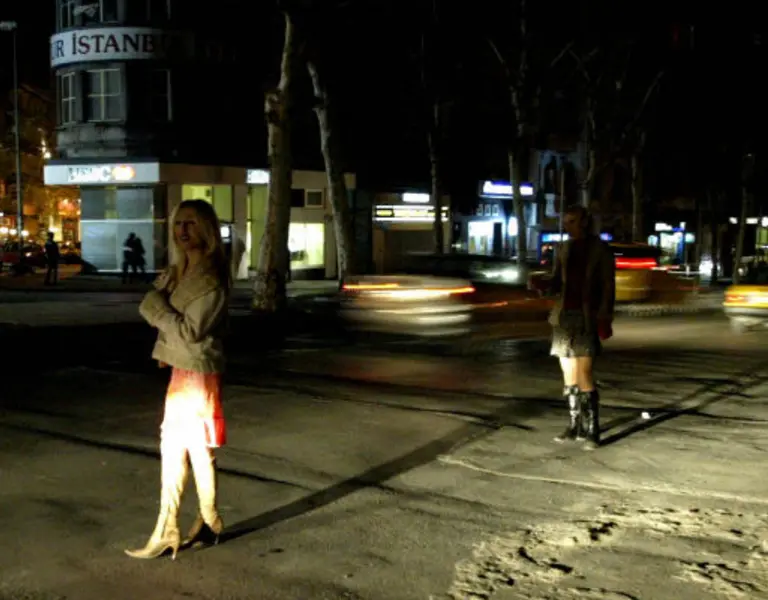
WEIGHT: 62 kg
Bust: A
One HOUR:100$
NIGHT: +60$
Sex services: Sex vaginal, French Kissing, Trampling, Tie & Tease, Lesbi-show soft

On cultural hybridity, economies of informality and strategies of creativity in four European ports. Istanbul, Liverpool, Marseille and Naples: four European harbour cities, alike in many ways, different in many others. Liverpool, by contrast, is a young city and until recently was very small: in , its population numbered approximately Nevertheless, all four cities share a nostalgia for the past glories of a Golden Age.
They all suffered decline and a loss of importance after the emergence of modern nation states and the consolidation of national capitals. Liverpool lost most of its advanced service functions to London and other UK cities from the late nineteenth onwards; Naples lost ground as a legal and administrative centre after the incorporation of the Kingdom of the Two Sicilies of which it was the capital into the Italian state in the late s.

These cities also have a distinctive social structure, retaining as they do a far stronger pre-industrial, plebeian milieu — defined by historians as le menu people — made up of artisans, small traders, bazaar and market stallholders.
Such a milieu is defined by face-to-face contact, direct communication, neighbourly relations and close social bonds. Even where the local economy has undergone seismic changes in scale of operations and ownership, this distinctive local flavour has nevertheless been retained in some shape or form, even if only in popular memory. Rising between the Golden Horn and the Sea of Marmara, Istanbul, formerly Constantinople, experienced a cosmopolitan flowering during the sixteenth and seventeenth centuries, when the city had a diverse mix of nationalities and ethnicities — Greeks, Jews, Armenians and Tziganes.

Although the Turkish population predominated, there were Christian and Jewish districts and outlying villages along the Bosphorus and Catholicism was freely practised alongside Islam. Galata, the western port on the other side of the Golden Horn, harboured cabarets among the shops and warehouses where Jewish commission agents did business.


































